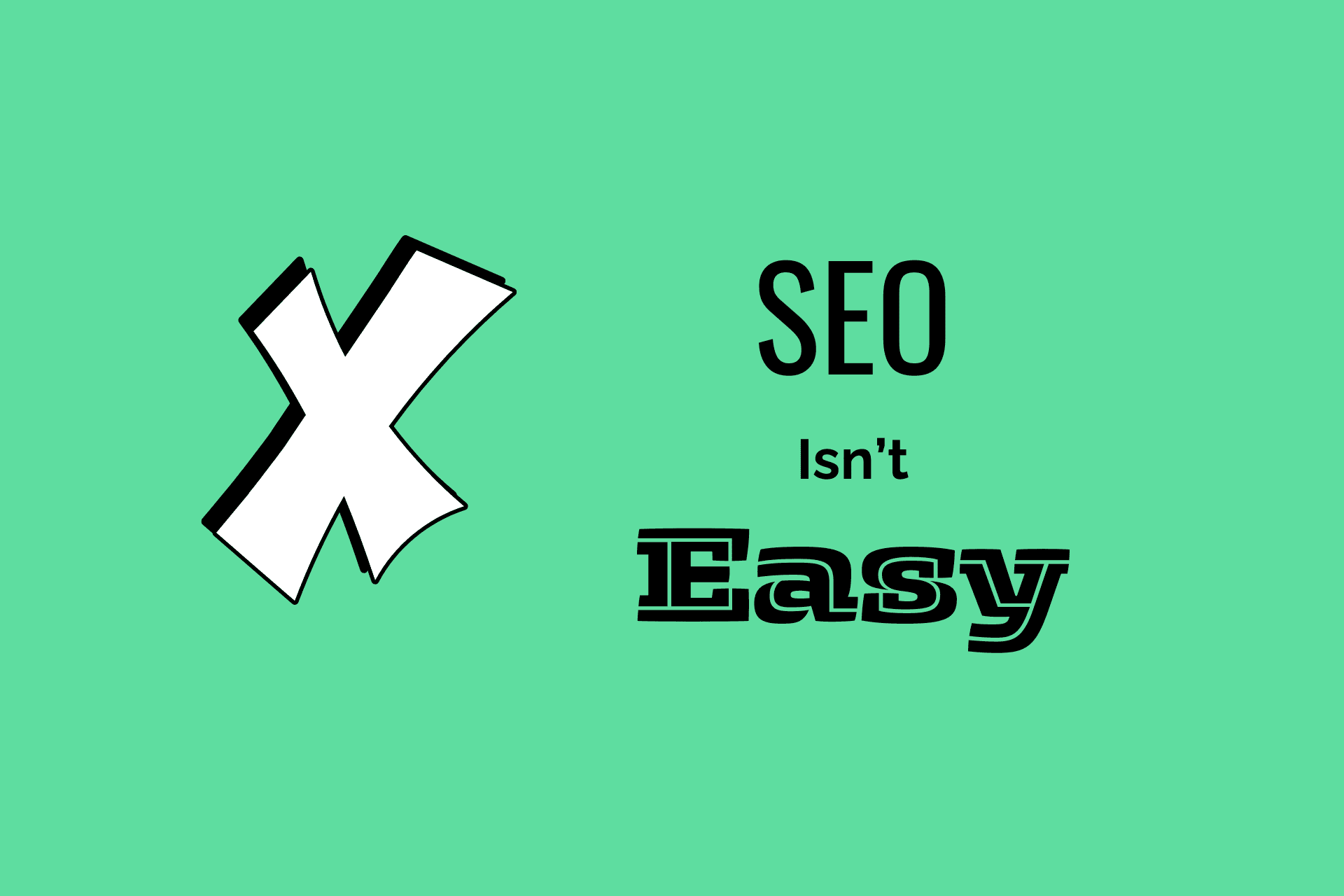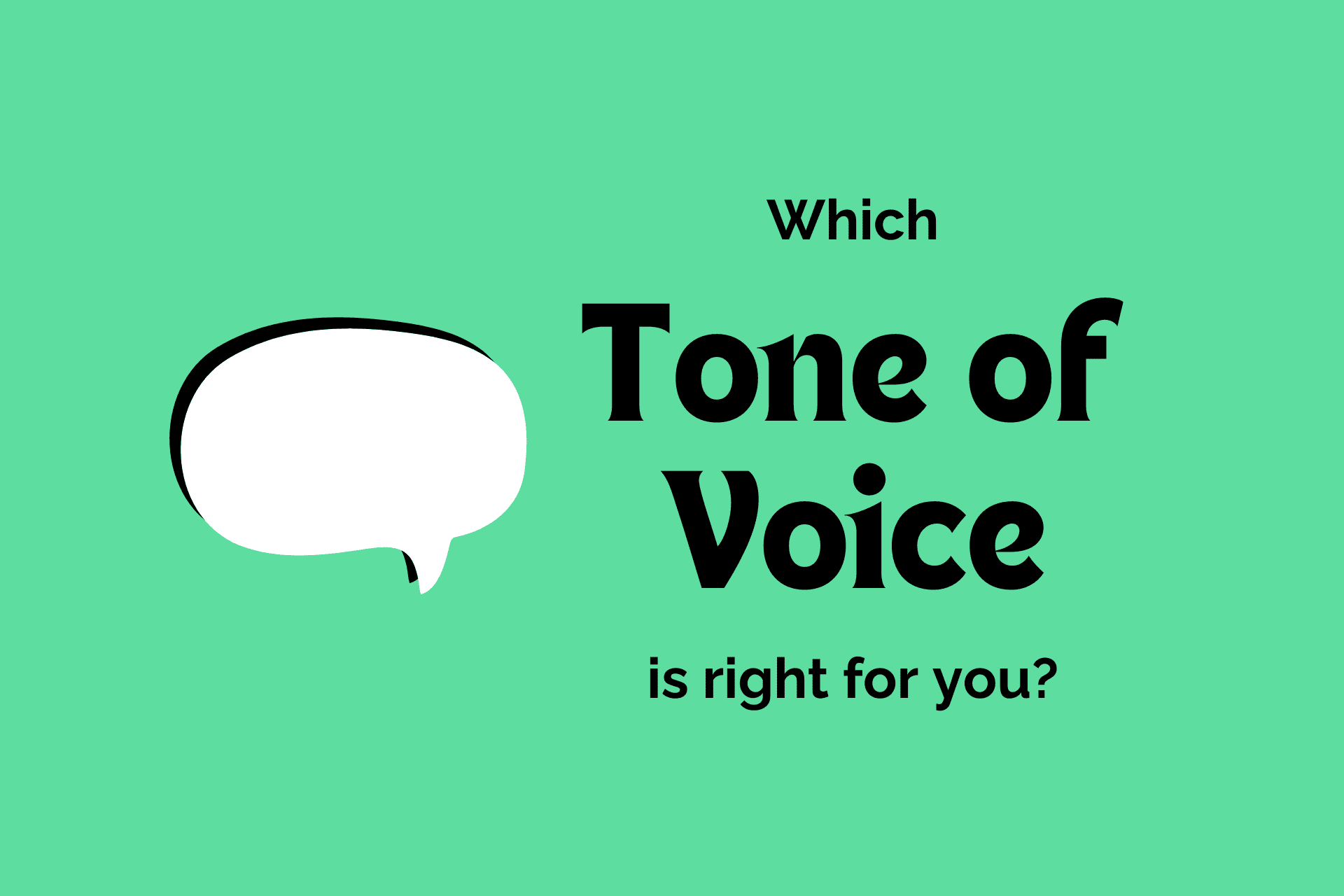Some industries face more significant SEO challenges due to factors like high competition, limited keywords, and changing consumer trends, with legal services, real estate, restaurants, healthcare, and e-commerce being notably affected.
In today’s digital age, having a strong online presence is crucial for success. For small business owners looking to carve out their niche, mastering local SEO can be a game-changer. But not all businesses face the same challenges when it comes to search engine optimisation. If you’re trying to boost your Google ranking, here’s why some industries may find it harder than others.
Why Some Businesses Struggle with SEO
SEO challenges can arise from a variety of factors, including industry competitiveness, the nature of the services offered, and even the location of the business. Here are some common reasons why certain businesses might find SEO particularly difficult:
- High Competition: Industries with a high number of competitors often face stiff competition for popular keywords. This means that businesses need to work harder to stand out.
- Limited Keywords: Some niches have a limited set of competitive keywords to target, making it difficult for businesses to diversify their SEO strategies.
- Changing Consumer Trends: Rapid shifts in consumer preferences can make it challenging to keep content relevant and engaging.
Industries Facing SEO Challenges
1. Legal Services
The legal industry is notoriously competitive. Law firms often compete for the same high-volume keywords like “personal injury lawyer” or “divorce attorney.” Additionally, Google’s algorithms require high levels of trust and authority from sites dealing with legal matters, adding another layer of difficulty.
2. Real Estate
Real estate agents often struggle with local SEO due to the transient nature of the industry. Listings come and go, and this constant change can make it difficult to maintain relevant, up-to-date content. Additionally, many agents are vying for attention in the same geographical areas, which increases the competition for local keywords.
3. Restaurants
Restaurants face unique challenges when it comes to local SEO. With the rise of food delivery apps and changing dining trends, staying visible online can be tough. Also, restaurants often rely heavily on reviews and third-party platforms like Yelp, making it harder to control their online presence.
4. Healthcare Providers
Healthcare providers, including clinics and private practices, face strict regulations related to advertising and content. This can limit the type of content they can produce, affecting their SEO strategies. Additionally, the highly specific nature of medical terms can make it challenging to target competitive keywords effectively.
5. E-commerce
With the explosive growth of online shopping, e-commerce businesses often struggle to rank for competitive keywords. Many e-commerce sites sell similar products, making it a battle to capture the attention of potential customers. Additionally, they must consider product descriptions, user reviews, and mobile optimization as part of their SEO strategy.
Tips for Navigating SEO Challenges
If you find yourself in a challenging industry, don’t lose heart! Here are some tips to improve your local SEO and target competitive keywords:
- Focus on Long-Tail Keywords: Instead of competing for broad, high-competition keywords, target longer, more specific phrases. These can attract more qualified leads and are often less competitive.
- Leverage Local Listings: Ensure your business is listed correctly on platforms like Google My Business, Yelp, and TripAdvisor. Encourage satisfied customers to leave positive reviews.
- Create Quality Content: Regularly update your website with valuable, informative content that addresses your customer’s needs. This could be in the form of blog posts, FAQs, or video content.
- Optimise for Mobile: With more people using their phones to search, ensuring your website is mobile-friendly is essential for retaining local traffic.
- Build Authority: Seek out backlinks from reputable sites, engage with your community, and establish your brand as a trusted authority in your industry.
By understanding the unique challenges your industry faces, you can tailor your SEO strategies to better meet the needs of your business. With persistence and adaptability, even the most challenging markets can see improvements in their online visibility.
If you’re unsure where to start, then take a look at my SEO service for small businesses or get in touch with me to find out more.




